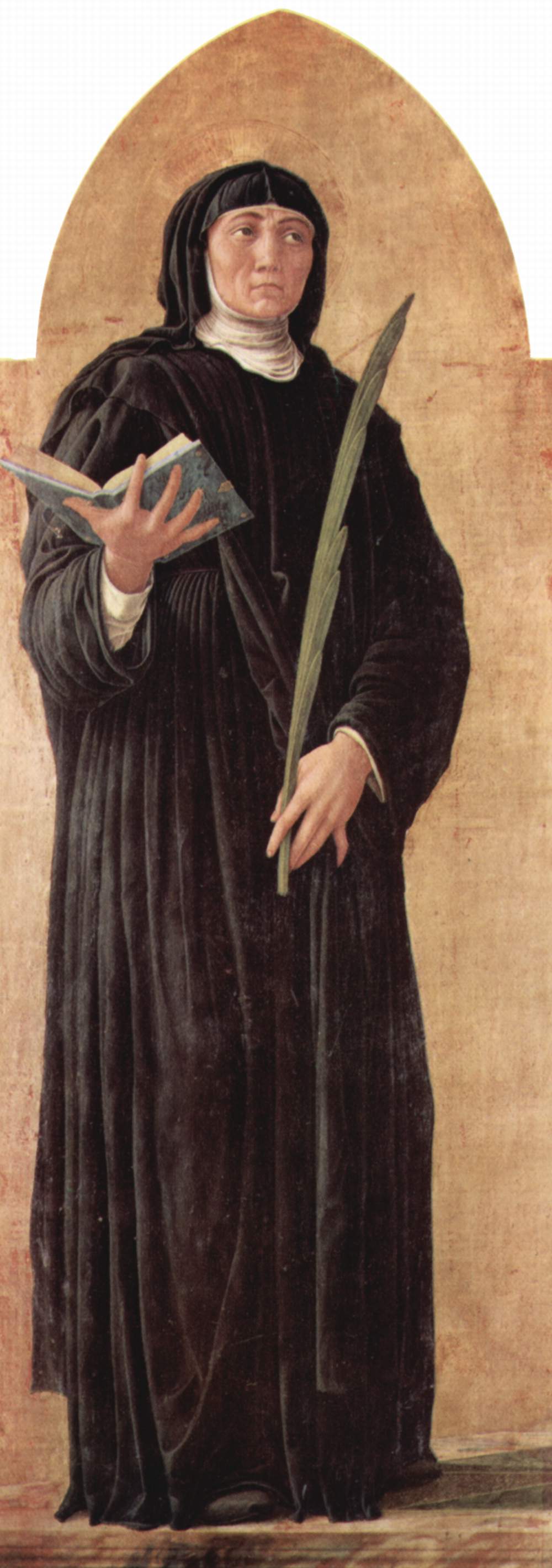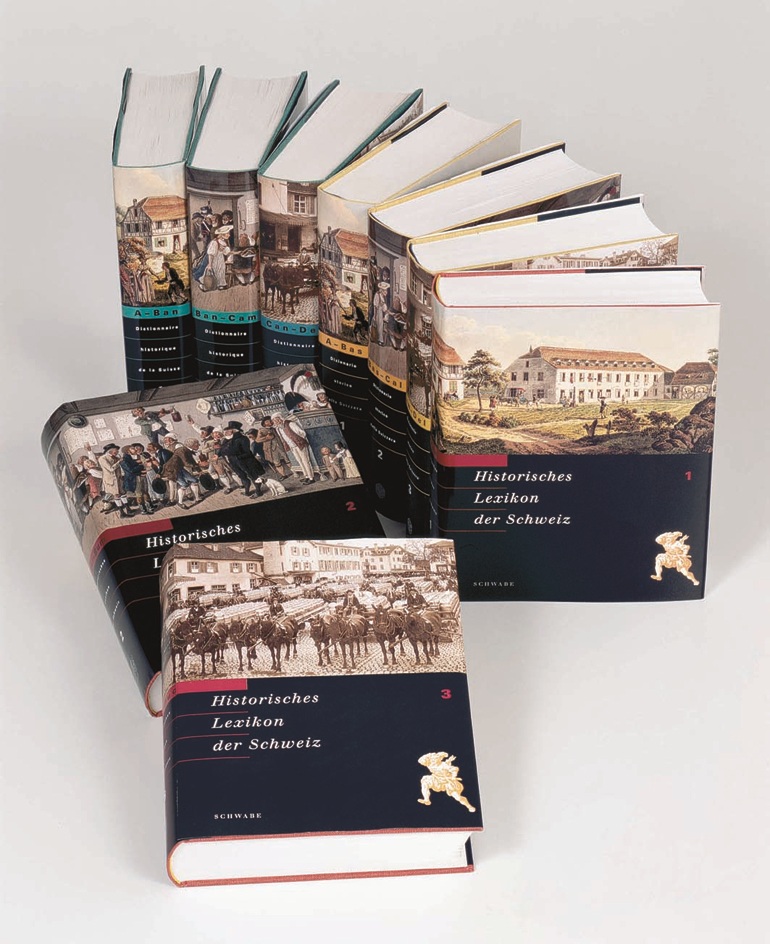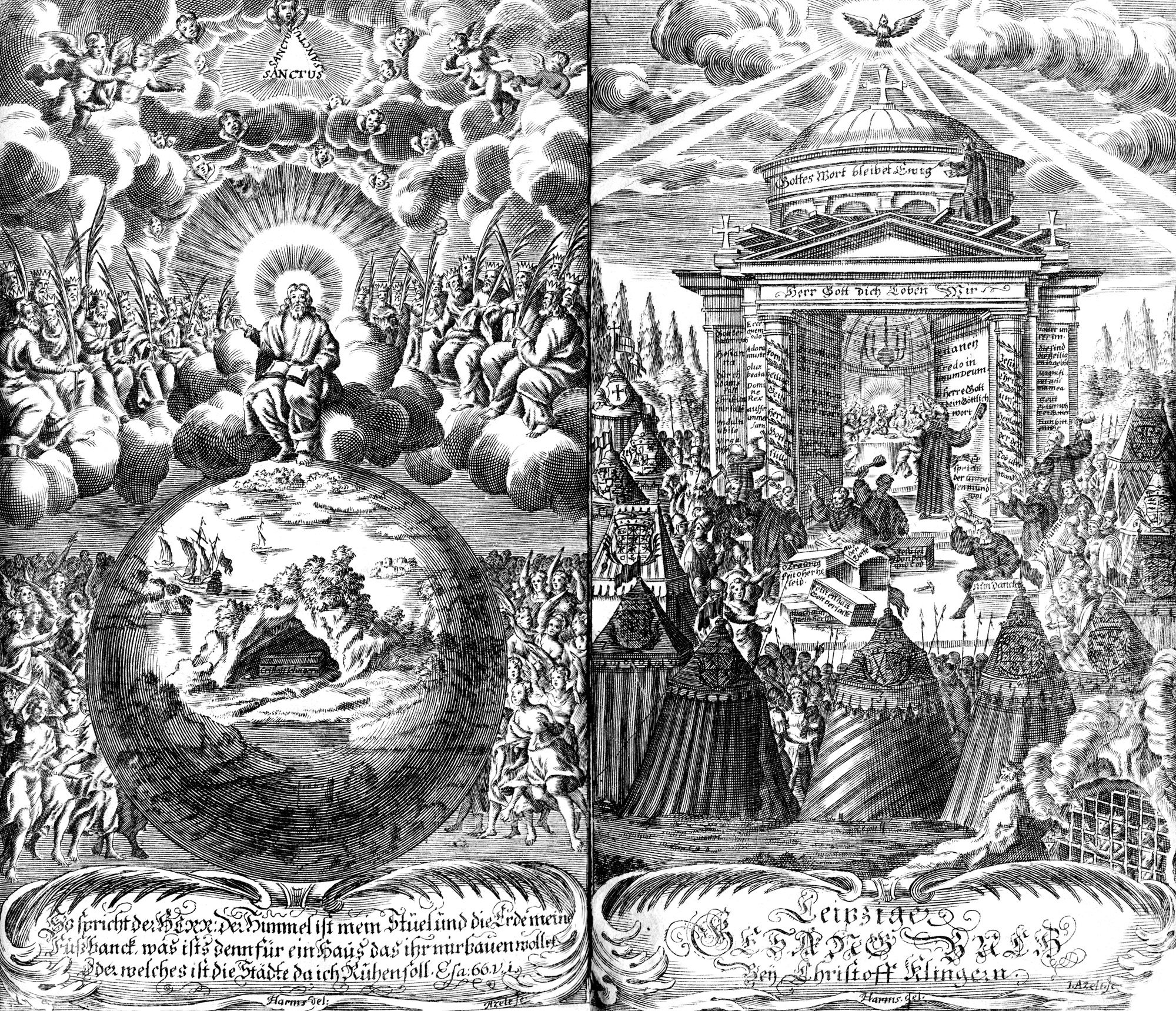|
Guillaume Franc
Guillaume Franc (c. 1505–1571) was a French musician and composer active in Geneva and Lausanne. He is regarded as instrumental in the development of both the ''Genevan Psalter'' and the '. Some of the melodies are still used in hymns in the 21st century. Life Franc was born in Rouen around 1505, the son of Pierre, whose profession is not known. He was for some time in the service of Georges d'Armagnac, the future cardinal, as 'cantor and servant'. He married the noble Catherine de Solages, a former nun of the Abbey of Millau who had converted to the Reformation. The family, with several children, moved to Geneva, probably to find refuge there, like many French Protestants at the time. Geneva Franc's life in Geneva is recorded in the registers of the Council of Two Hundred. The first entry, dated 17 June 1541, is about him obtaining permission to teach music ("tenyr eschole de musique"), in the same year that the Council decided to promote congregational singing in worshi ... [...More Info...] [...Related Items...] OR: [Wikipedia] [Google] [Baidu] |
Forme Prières 1542
{{disambiguation ...
Forme may refer to the following: * Forme (printing), a chase with type locked up ready for printing * Forme, Škofja Loka, a settlement in Slovenia * Forme Tour, a professional golf tour See also * FORM (other) * Form (other) Form is the shape, visual appearance, or configuration of an object. In a wider sense, the form is the way something happens. Form also refers to: *Form (document), a document (printed or electronic) with spaces in which to write or enter data ... [...More Info...] [...Related Items...] OR: [Wikipedia] [Google] [Baidu] |
Nun Singt Ein Neues Lied Dem Herren
A nun is a woman who vows to dedicate her life to religious service, typically living under vows of poverty, chastity, and obedience in the enclosure of a monastery or convent.''The Oxford English Dictionary'', vol. X, page 599. The term is often used interchangeably with religious sisters who do take simple vows but live an active vocation of prayer and charitable work. In Christianity, nuns are found in the Roman Catholic, Oriental Orthodox, Eastern Orthodox, Lutheran, and Anglican traditions, as well as other Christian denominations. In the Buddhist tradition, female monastics are known as Bhikkhuni, and take several additional vows compared to male monastics (bhikkhus). Nuns are most common in Mahayana Buddhism, but have more recently become more prevalent in other traditions. Christianity Catholicism In the Catholic tradition, there are many religious institutes of nuns and sisters (the female equivalent of male monks or friars), each with its own charism ... [...More Info...] [...Related Items...] OR: [Wikipedia] [Google] [Baidu] |
Musicians From Rouen
A musician is a person who composes, conducts, or performs music. According to the United States Employment Service, "musician" is a general term used to designate one who follows music as a profession. Musicians include songwriters who write both music and lyrics for songs, conductors who direct a musical performance, or performers who perform for an audience. A music performer is generally either a singer who provides vocals or an instrumentalist who plays a musical instrument. Musicians may perform on their own or as part of a group, band or orchestra. Musicians specialize in a musical style, and some musicians play in a variety of different styles depending on cultures and background. A musician who records and releases music can be known as a recording artist. Types Composer A composer is a musician who creates musical compositions. The title is principally used for those who write classical music or film music. Those who write the music for popular songs may ... [...More Info...] [...Related Items...] OR: [Wikipedia] [Google] [Baidu] |
16th-century French Composers
The 16th century begins with the Julian year 1501 ( MDI) and ends with either the Julian or the Gregorian year 1600 ( MDC) (depending on the reckoning used; the Gregorian calendar introduced a lapse of 10 days in October 1582). The 16th century is regarded by historians as the century which saw the rise of Western civilization and the Islamic gunpowder empires. The Renaissance in Italy and Europe saw the emergence of important artists, authors and scientists, and led to the foundation of important subjects which include accounting and political science. Copernicus proposed the heliocentric universe, which was met with strong resistance, and Tycho Brahe refuted the theory of celestial spheres through observational measurement of the 1572 appearance of a Milky Way supernova. These events directly challenged the long-held notion of an immutable universe supported by Ptolemy and Aristotle, and led to major revolutions in astronomy and science. Galileo Galilei became a champion o ... [...More Info...] [...Related Items...] OR: [Wikipedia] [Google] [Baidu] |
16th-century French Musicians
The 16th century begins with the Julian calendar, Julian year 1501 (Roman numerals, MDI) and ends with either the Julian or the Gregorian calendar, Gregorian year 1600 (Roman numerals, MDC) (depending on the reckoning used; the Gregorian calendar introduced a lapse of 10 days in October 1582). The 16th century is regarded by historians as the century which saw the rise of Western culture, Western civilization and the Gunpowder empires, Islamic gunpowder empires. The Renaissance in Italy and Europe saw the emergence of important artists, authors and scientists, and led to the foundation of important subjects which include accounting and political science. Copernicus proposed the Copernican heliocentrism, heliocentric universe, which was met with strong resistance, and Tycho Brahe refuted the theory of celestial spheres through observational measurement of the SN 1572, 1572 appearance of a Milky Way supernova. These events directly challenged the long-held notion of an immutable uni ... [...More Info...] [...Related Items...] OR: [Wikipedia] [Google] [Baidu] |
Die Musik In Geschichte Und Gegenwart
''Die Musik in Geschichte und Gegenwart: Allgemeine Enzyklopädie der Musik (MGG)'' is one of the world's most comprehensive encyclopedias of music history and musicology, on account of its scope, content, wealth of research areas, and reference to related subjects. It has appeared in two self-contained printed editions and a continuously updated and expanding digital edition, titled ''MGG Online''. Created by Karl Vötterle, the founder of Bärenreiter-Verlag, and Friedrich Blume, professor of musicology at Kiel University, the first edition was published by Bärenreiter-Verlag in Kassel from 1949 through 1986, comprising a total of 17 volumes (''MGG1''; numbered in columns) and reprinted in paperback in 1989. As early as 1989, its new editor Ludwig Finscher began planning a second, revised edition with 29 volumes, which were published from 1994 through 2008 in cooperation with the publisher J.B. Metzler (''MGG2''; with a topical part in 9 volumes and a persons part in 17 volumes, ... [...More Info...] [...Related Items...] OR: [Wikipedia] [Google] [Baidu] |
Bärenreiter
Bärenreiter (Bärenreiter-Verlag) is a German classical music publishing house based in Kassel. The firm was founded by Karl Vötterle (1903–1975) in Augsburg in 1923, and moved to Kassel in 1927, where it still has its headquarters; it also has offices in Basel, London, New York and Prague. The company is currently managed by Barbara Scheuch-Vötterle and Leonhard Scheuch. Since 1951, the company's focus has been on the New Complete Editions series for various composers. These are urtext editions, and cover the entire work of the selected composer. Series include: J. S. Bach (the ''Neue Bach-Ausgabe'', a joint project with the Deutscher Verlag für Musik), Berlioz, Fauré, Gluck, Handel, Janáček, Mozart (Neue Mozart-Ausgabe), Rossini, Saint-Saëns, Schubert (New Schubert Edition), Telemann Georg Philipp Telemann (; – 25 June 1767) was a German Baroque composer and multi-instrumentalist. Almost completely self-taught in music, he became a composer against his ... [...More Info...] [...Related Items...] OR: [Wikipedia] [Google] [Baidu] |
Historical Dictionary Of Switzerland
The ''Historical Dictionary of Switzerland'' is an encyclopedia on the history of Switzerland that aims to take into account the results of modern historical research in a manner accessible to a broader audience. The encyclopedia is published by a foundation under the patronage of the Swiss Academy of Humanities and Social Sciences (SAGW/ASSH) and the Swiss Historical Society (SGG-SHH) and is financed by national research grants. Besides a staff of 35 at the central offices, the contributors include 100 academic advisors, 2500 historians and 100 translators. Print edition The encyclopedia is published simultaneously in three of Switzerland's national languages: German (''Historisches Lexikon der Schweiz'', HLS, in red), French (''Dictionnaire Historique de la Suisse'', DHS, in blue) and Italian Italian(s) may refer to: * Anything of, from, or related to the people of Italy over the centuries ** Italians, an ethnic group or simply a citizen of the Italian Republic or ... [...More Info...] [...Related Items...] OR: [Wikipedia] [Google] [Baidu] |
Wenn Wir In Höchsten Nöten Sein
Gottfried Vopelius (28 January 1645 – 3 February 1715), was a German Lutheran academic and hymn-writer, mainly active in Leipzig. He was born in Herwigsdorf, now a district of Rosenbach, Oberlausitz, and died in Leipzig at the age of 70.Robert Eitner. " Vopelius, Gottfried", pp. 298–299 in Vol. 40 of ''Allgemeine Deutsche Biographie ''Allgemeine Deutsche Biographie'' (ADB, german: Universal German Biography) is one of the most important and comprehensive biographical reference works in the German language. It was published by the Historical Commission of the Bavarian Aca ...''. , 1896. ''Neu Leipziger Gesangbuch'' Vopelius is primarily remembered for the ''Neu Leipziger Gesangbuch'' (New Leipzig Hymnal) which he published in 1682. The subtitle of the publication reads: Or, translated: The ''Neu Leipziger Gesangbuch'' is, to a certain degree, a third edition of Johann Schein's , which originally had been published in 1627, with a new edition in 1645. O ... [...More Info...] [...Related Items...] OR: [Wikipedia] [Google] [Baidu] |
Was Uns Die Erde Gutes Spendet
"" (The good that earth donates to us) is a Christian hymn, with a text mostly written in 1971 by Friedrich Dörr, to a 1543 melody by Guillaume Franc. It is part of German hymnals, including '' Gotteslob''. History Friedrich Dörr wrote the text in 1971 in preparation for the first common Catholic hymnal in German, '' Gotteslob''. He set the new offertory hymn to a melody by Guillaume Franc which appeared first in Geneva in 1543 in a precursor of the ''Genevan Psalter''. In 1975, the song was included in the ''Gotteslob'' as GL 490. It became GL 186 in the hymnal's 2013 edition among the offertory hymns. The song is part of other songbooks. It has also been used for Erntedankfest, the German Thanksgiving. References External links * Liturgisch‐thematisches Liederverzeichnis für Erstkommuniongottesdienste(in German) amt-fuer-kirchenmusik.de {{Authority control 1971 songs 20th-century hymns in German ... [...More Info...] [...Related Items...] OR: [Wikipedia] [Google] [Baidu] |
Vor Deinen Thron Tret Ich Hiermit
VOR or vor may refer to: Organizations * Vale of Rheidol Railway in Wales * Voice of Russia, a radio broadcaster * Volvo Ocean Race, a yacht race Science, technology and medicine * VHF omnidirectional range, a radio navigation aid used in aviation * Vestibulo-ocular reflex, a reflex eye movement * Voice-operated recording, see Voice-operated switch * Visual Operating Rules, another term for visual flight rules in aviation * Video operation room, part of the set-up for the video assistant referee in association football Entertainment * Vor of Barrayar, the noble families of Barrayar in the science fiction Vorkosigan Saga * Vor (Star Wars), a race in the ''Star Wars'' universe * ''VOR'', a 1958 science fiction novel by James Blish * Vor Daj, protagonist of the 1940 novel ''Synthetic Men of Mars'' by Edgar Rice Burroughs * Russian title of the 1997 film ''The Thief'' * '' VOR: The Maelstrom'', a science fiction miniature wargame * VOR, a search engine and media comp ... [...More Info...] [...Related Items...] OR: [Wikipedia] [Google] [Baidu] |
Nun Saget Dank Und Lobt Den Herren
"" (Now say thanks and praise the Lord) is a Christian hymn in German, paraphrasing Psalm 118. The German text was originally written by Ambrosius Lobwasser in the 16th century as a translation, meant to match the music from the French Genevan Psalter. It was rewritten and shortened in the 20th century by Peter Enderlin to be used in a hymnal of the Swiss Reformed Church. The song is included in German hymnals of various denominations. History The text is a paraphrase of Psalm 118 ("O give thanks unto the Lord; for he is good"). The psalm, a favourite of the reformer Martin Luther, includes elements of thanks and praise, gates opening (a motif of Advent), hope beyond death, praise of someone coming in God's name (a motif of the Benedictus qui venit, Benedictus), and a lasting covenant. In the Genevan Psalter, commissioned by Jean Calvin, Calvin, all psalms were included in French-language Metre (poetry), metric paraphrase, and associated with melodies. Ambrosius Lobwasser, a pro ... [...More Info...] [...Related Items...] OR: [Wikipedia] [Google] [Baidu] |





